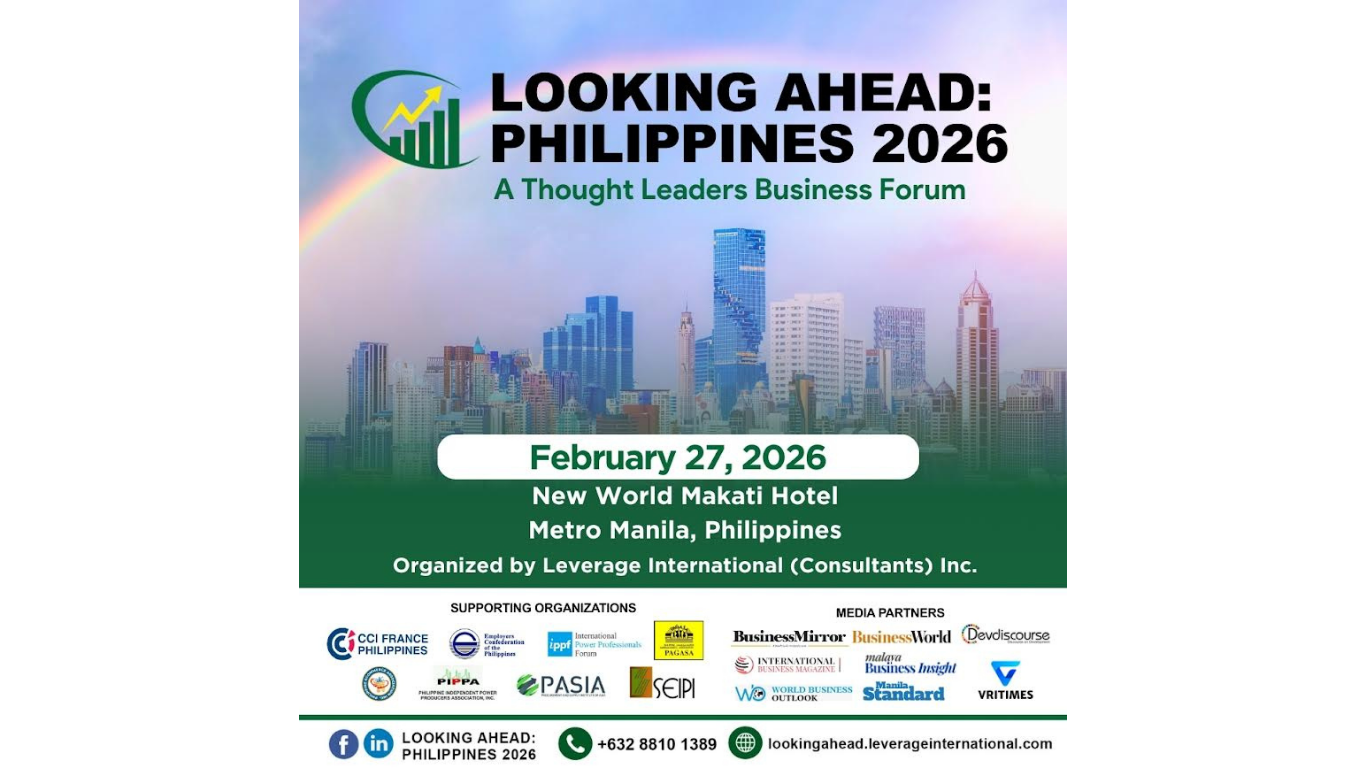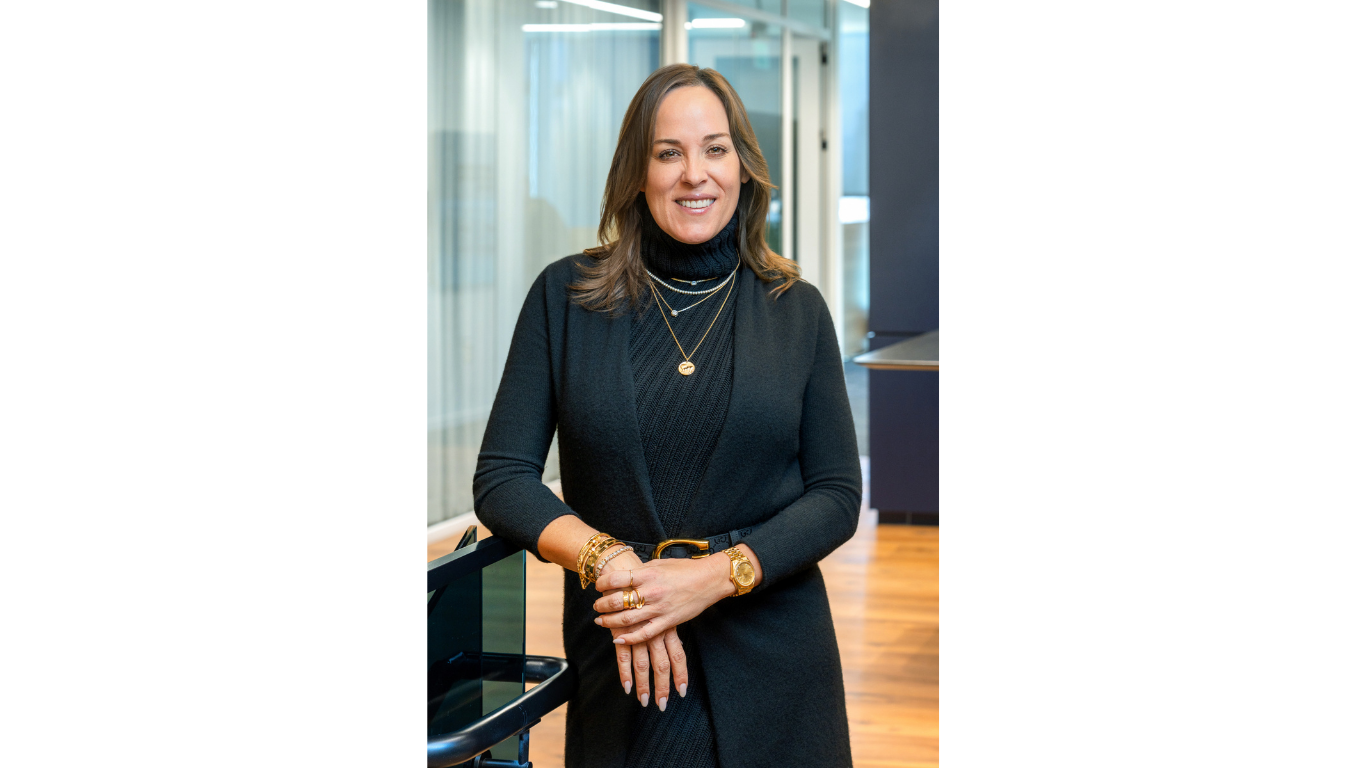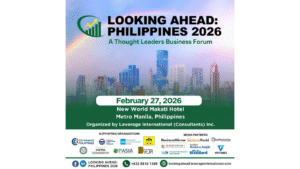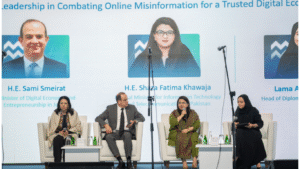In an era of accelerating change, companies face mounting challenges—technological disruption, climate shifts, globalised workforces, and evolving social expectations. What separates organisations that adapt from those that stagnate isn’t just innovation or digital investment. It’s leadership. Specifically, leadership grounded in cultural intelligence.
Culture-smart leaders possess a deep awareness of cultural contexts, local and global, and use that awareness to guide inclusive, responsive, and sustainable decision-making. Their mindset is not just a moral advantage; it is a strategic one.
Understanding the Culture-Smart Leadership Mindset
Culture-smart leadership goes beyond simply being “aware” of difference. It reflects an ability to recognise, respect, and respond to cultural dynamics across teams, communities, and markets. This includes understanding intersectionality, unconscious bias, and the historical and social frameworks shaping experiences—especially among underrepresented groups.
Crucially, culture-smart leaders are self-aware. They do not see themselves as passive bystanders to culture, but as active participants. They seek to continuously learn, listen, and adjust. They model humility, empathy, and integrity—traits increasingly demanded by stakeholders and employees alike.
Bridging Cultural Intelligence with Strategic Planning
Culture-smart leaders don’t isolate cultural inclusion as an HR initiative. They embed it into a core strategy. From product design to policy development, cultural intelligence is considered a foundational competency. This unlocks multiple advantages:
- Foresight: Leaders attuned to cultural trends can better anticipate regulatory, social, and market shifts.
- Resilience: Inclusive workplaces reduce attrition, improve well-being, and encourage diverse perspectives during crises.
- Reputation: Culturally competent organisations are more trusted by communities, regulators, and global partners.
When strategy aligns with cultural values, such as respect, equity, and shared purpose, it becomes more than a roadmap. It becomes a future-proof ethos.
Creating Safe Spaces for Innovation and Inclusion
Innovation thrives in environments where individuals feel safe to contribute, question, and take risks. Culture-smart leaders actively cultivate this by fostering psychological safety—where diverse identities are embraced, and lived experience is valued as much as technical skill.
This extends to boardrooms, creative teams, and service design alike. When leaders challenge dominant narratives and make space for marginalised voices, they unlock untapped potential and broaden the lens through which success is measured.
One powerful example is how organisations are reimagining leadership through the lens of First Nations knowledge systems, which offer holistic, long-term thinking rooted in care for community and Country. Incorporating such frameworks challenges colonial assumptions and reorients companies toward genuine sustainability and social responsibility.
Embedding Cultural Learning as a Leadership Priority
Future-ready companies don’t just hire diverse talent; they nurture inclusive capability. This starts at the top. Leaders must view cultural development as a strategic investment, not a compliance measure.
This includes:
- Engaging in structured, reflective cultural training
- Embedding accountability mechanisms for inclusive leadership
- Listening to and learning from Indigenous, multicultural, and intersectional communities
- Seeking external guidance when navigating complex cultural terrain
An example of this in action is participating in specialist cultural competency programmes, such as a YarnnUp Aboriginal awareness strategy & training. Such programmes offer cultural guidance tailored to organisational needs, bridging knowledge gaps and enabling more thoughtful, grounded leadership.
These initiatives are not only informative—they are transformative. They shift leadership from passive understanding to active advocacy and allyship.
Leading the Future by Leading with Culture
As disruption becomes the norm, organisations can no longer afford to lead with outdated models or narrow perspectives. The leaders of tomorrow must be capable of navigating complexity with clarity, confidence, and compassion. That begins with culture.
Culture-smart leadership isn’t a side project. It’s a core capability for building ethical, innovative, and resilient companies. By investing in cultural intelligence today, leaders are not just responding to current demands; they are proactively shaping inclusive, adaptive organisations fit for the future.
Article received via email































